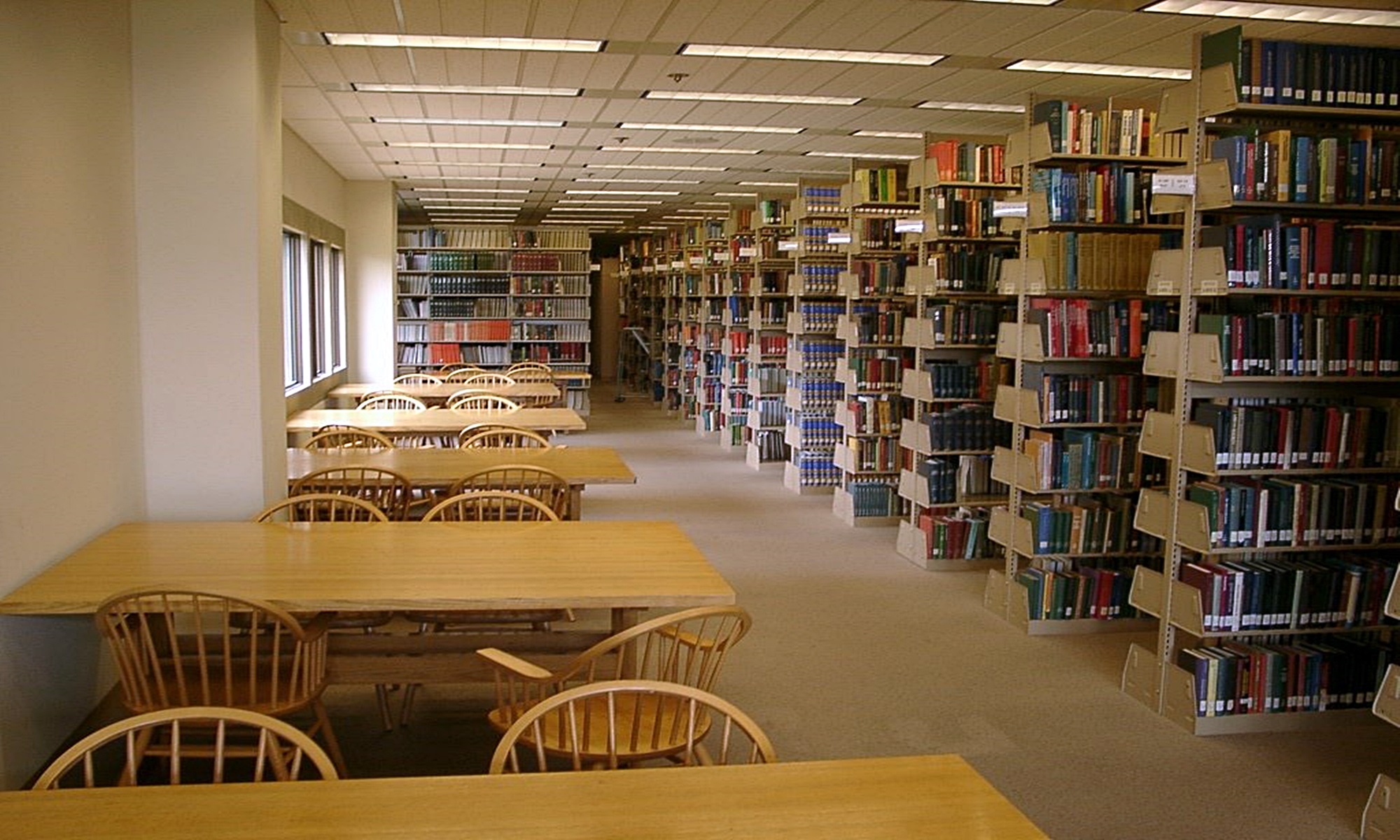When one word changes its meaning or its pronunciation,
others modify themselves to accommodate it. Just like the separate genes in an
animal’s genome. Language is incredibly robust. It wants to stay alive.
As I read Greene’s interesting piece, I found myself asking:
Are languages alive in some real sense? Each part of a language has to “work
and play well” with all the other parts. In an animal, when one gene changes,
that gene becomes part of the environment of all the other genes in the genome.
Those other genes start evolving to accommodate the change. The whole hangs
together and continues to work. Greene says,
Sounds, words and grammar do not exist in isolation: each of these three levels of language constitutes a system in itself. And, extraordinarily, these systems change as systems. If one change threatens disruption, another change compensates, so that the new system, though different from the old, is still an efficient, expressive and useful whole. 1
Language is a self-governing system. Its features are there
for the same kind of reasons that the features of species are there: Variation
and selection. Language has lots of dialects. That’s variation. What people end
up using goes on. What doesn’t work dies out.
I took a History of the English Language course in college. The
professor who taught the course was keen to impress upon us that languages don’t
exist apart from the people who speak them, that all languages are constantly evolving,
and that all of them exist in the form of multiple dialects. People in
different areas speak in different ways. He stressed that looking down on
others who don’t speak it like you do is just another form of bigotry.
He used this illustration. Some people look on the people in
Appalachian regions of the US as hillbillies who “don’t talk right.” Appalachians
speak a different dialect of English. They pronounce words differently.
Sometimes they use different words. Sometimes they use different language
structure, reversing verbs and objects, etc. Appalachian Magazine contains an article by a native speaker. He
says,
Many of us pronounce words such as “wire,” “fire,” “tire,” and “retired” as “war,” “far,” “tar,” and “retard” respectively. Appalachian-English also places an “-er” sound at an end of a word with a long “o”. For example, “hollow”— a small, sheltered valley— is pronounced like “holler”. Other examples are “potato” (pronounced “tader”), “tomato” (pronounced “mader”), and “tobacco” (pronounced “backer”). 2
The professor told us not to be sure that we’re the ones
“talking right.” It seems the way Appalachians speak is closer to the historical
roots of English, and in that sense could be considered more correct.
Why do Appalachians pronounce words the way they do? It
seems people in this region were relatively isolated, and so preserved the
purity of Elizabethan English, while the rest of the country drifted away. As
an expert in Middle English himself, the prof believed it likely that some
Appalachians could actually converse with an Elizabethan-English speaker. The Appalachian Magazine article goes on to
say,
The existence of Appalachian-English is the result of the isolation the mountains beyond the Blue Ridge ensured — making our dialect one of the most ancient and protected dialects in the nation. While our high-browed relatives who moved to the big city and lost their accent may frown upon our words and pronunciations, it is believed that the Appalachian dialect is a remnant of Elizabethan English. An evidence of this is the use of words such as “afeared”, a Shakespearean word that is largely forgotten by most English speakers outside of the Appalachian region. Other ancient phrases include the use of “might could” for “might be able to”, the use of “‘un” with pronouns and adjectives (e.g., young’un), the use of “done” as a helping verb (e.g., “we done finished it”), and the use of words such as airish, brickle, swan, and bottom land all of which were common in Southern and Central England in 17th and 18th centuries. 2
As the learned professor stressed, we just can’t justify looking down on dialects spoken by people in other regions. No dialect is any more “correct” than the others. Language is a living thing. All its variants are part of the language, though some are closer to the historical roots.
References
- Greene L. Who decides what words mean? Available online at https://aeon.co/essays/why-language-might-be-the-optimal-self-regulating-system
- Anonymous. The History of Appalachian English: Why We Talk Differently. Appalachian Magazine, November 23, 2017. Available online at http://appalachianmagazine.com/2017/11/23/the-history-of-appalachian-english-why-we-talk-differently

I liked the idea of language dialects supplying the variation part of the evolutionary equation. Looking forward to reading the articles.